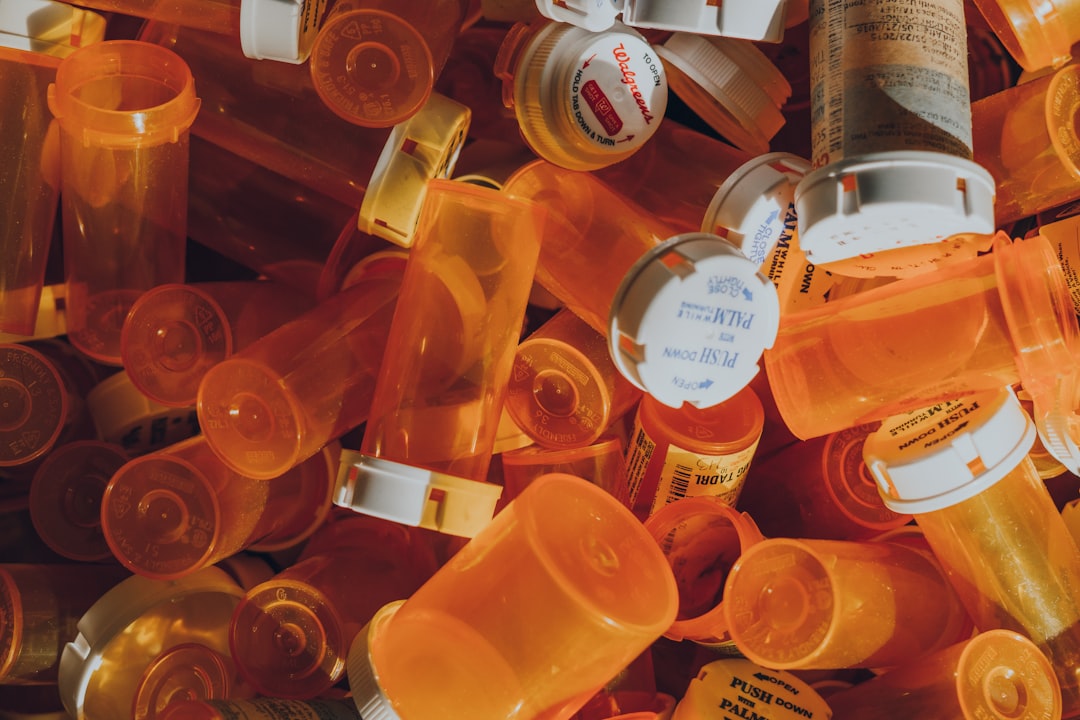- The Daily Tonic
- Posts
- We are running out of important drugs.
We are running out of important drugs.
Plus: Is urban farming destroying the planet?
Tuesday. In 2022, the Boston Consulting Group suggested that plant-based meat alternatives could be the key to reversing climate change (READ MORE ABOUT THAT HERE). Well, Americans didn’t bite.
Interest in plant-based meats has continued to decline in the U.S., with sales down 19% last year and only 15% of households purchasing these products at all. (SEE THE NUMBERS HERE). I guess no one is buying the fact that, somehow, the picture on the left is better for the planet than the picture on the one on the right. Huh. Weird.
 |  |
Moving on to something else that isn’t quite going as planned—we are running out of certain prescription drugs. Why is this happening, and what are some of its implications? Let’s dive in.
Today’s Menu 🌿
We are running out of 💊 important drugs!
Is urban farming 🧑🌾 destroying the planet?
🥣 Is oatmeal bad for you?
The 🍔 Daily Recipe takes casserole to a whole different level.
Bonus recipes using 🍫 dark chocolate!
Read Time: 4 minutes

Drugs Shortages Reach All-Time Highs
At an all-time high, the number of active drug shortages in the U.S. has reached a staggering number, eclipsing the previous record set in 2014. And the worst part is that essential medications are getting hit the hardest, from chemotherapy treatments to emergency drugs found in hospital crash carts.
So what are the underlying causes that got us here, and what’s the path to get out of this mess? The short answer is that it’s all very complicated.
The current drug shortage crisis encompasses a wide range of medications, including generic sterile injectable drugs and widely used antibiotics. These shortages are not just inconveniences; they represent a serious threat to patient care, particularly for those undergoing critical treatments like cancer chemotherapy.
The American Society of Health-System Pharmacists (ASHP), in partnership with the University of Utah, tracks these shortages and has noted significant disruptions in the availability of these crucial drugs.
So, back to the first question. Why? One key contributing factor is the economic structure of the pharmaceutical market itself. According to some experts, there is simply a lack of financial incentive for drug manufacturers to produce certain medications, particularly inexpensive generic drugs. The market, as it stands, does not reward high-quality manufacturing of these less profitable products, leading to gaps in availability.
If you were Big Pharma, why would you bother manufacturing an essential antibiotic with a tiny profit margin when you can instead invest those resources into high-margin drugs that can be sold for beaucoup dollars? I mean, you gotta hit those quarterly bonuses somehow. Who cares that patients actually NEED these drugs? If it doesn’t make money, it doesn’t make money.
The situation is made even more complex by regulatory challenges. Some leaders in the space have raised concerns about new regulations proposed by the Department of Health and Human Services. These regulations would impose fines on hospitals that fail to take certain steps to mitigate drug shortages, such as building buffer inventories. However, hospitals often lack the resources to implement these measures, leaving them vulnerable to penalties without solving the underlying issue.
On the bright side, FDA Commissioner Robert Califf recently testified before Congress, emphasizing the need for the agency to have more authority to manage drug shortages effectively. He highlighted the critical nature of the shortages, particularly those affecting low-cost generic drugs, and called for a system that better supports high-quality manufacturing. It's too bad his testimony is just words if it isn’t followed up by actual change.
As the nation grapples with these record-high drug shortages, the call for a comprehensive solution grows louder. The complexities of the pharmaceutical supply chain and market dynamics require a multifaceted approach involving regulatory reform, economic incentives, and, perhaps most crucially, enhanced data collection and transparency from drugmakers. It’s a tall task, but probably one we should start making some headway on sooner rather than later.
The key takeaway? Prescription drug shortages are a serious problem that we desperately need to solve. The path forward will likely involve significant policy shifts and cooperation across multiple sectors of the healthcare industry. Still, if we don’t make some progress now, the implications could be tragic.
Hopefully, we won’t wait for this to become a bigger problem than it already is. We can only hope…
Related Articles
Psst… You can reply with recommendations too!
The Daily Recipe
Try to guess… Casseroles don’t have to be boring. This is a way to make a hamburger that the entire family will love.
Curious? Click below to discover the recipe and see if you guessed right.
Would you try it? |
Tonic Shots
🫖 What are the benefits of turmeric?
Turmeric has many benefits. You may know some, but do you know them all? READ MORE.
🍫 Bonus recipes!? What?!
Who doesn’t love dark chocolate? Here are some recipes you will love. GET RECIPES.
🧘 Yoga, please. But make it sustainable.
We love yoga. And we love sustainability. Check out these yoga mats! LEARN MORE.
"We do not inherit the Earth from our ancestors; we borrow it from our children."
How was the newsletter? |
